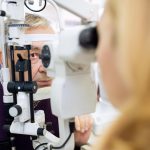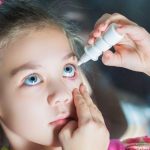
Dehydration brings lots of risks — including urinary tract infections (UTIs). An expert offers some tips for avoiding these painful infections without sacrificing summer fun. “Patients can experience more UTIs during the summer due to inadequate fluid intake, especially in the historic heat waves we’ve been experiencing,” said Dr. Maude Carmel, a urology specialist at UT Southwestern Medical Center in Dallas. “Dehydration is a leading risk factor for UTIs,” she added in a center news release. To help reduce your chances of getting a UTI in the summer, Carmel recommends staying hydrated by drinking at least two liters (68 ounces) of fluid every day. Urinate frequently — go to the bathroom at least every three hours, she advised. Also, avoid constipation, and urinate after intercourse. While cranberry supplements can reduce some risk of infection, cranberry juice is too diluted to treat UTIs, Carmel noted. Signs of a urinary tract infection can include burning sensation or pain with urination, increased urinary frequency, urinary urgency and blood in the urine. Many other conditions can mimic the symptoms of a UTI, but the infection can be diagnosed with a urine culture. A urinalysis, or dipstick test, is not enough, said Carmel, an associate professor of urology. Someone experiencing symptoms that suggest UTI should see a primary care physician. A urologist can help narrow down the cause of frequent… read on > read on >



























-300x200.jpg)










